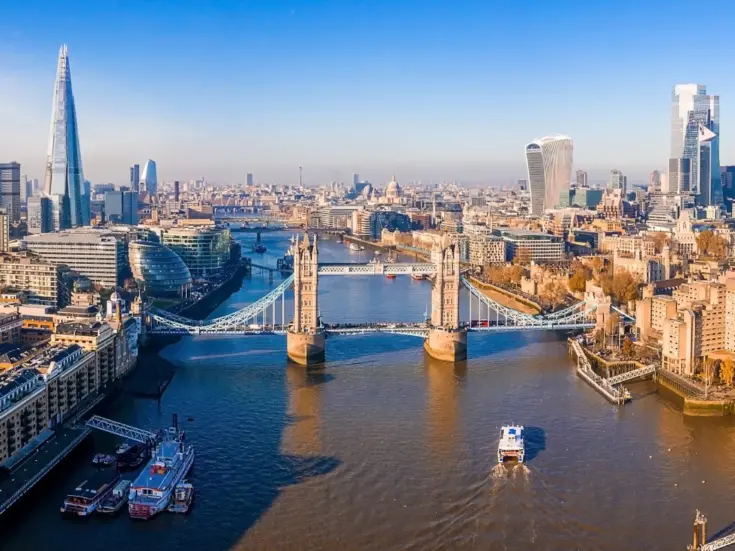
The current crackdowns risk missing the important point that low-tax jurisdictions are both legitimate and necessary, says Roderick Balfour
I t seems to have become the norm since the G20 classification of jurisdictions to ‘rubbish’ the initiative as another toothless effort to clamp down on tax evaders. We at Virtus Trust suspect this view may be wrong, the reasoning being that so many banks are under government constraints right now and it won’t look good to have subsidiaries or to be doing business in locations other than White List ones. Simultaneously, we can see a compliance movement developing whereby edicts will say that setting up accounts and structures in non-White List jurisdictions is to be discouraged.

It follows that these places will have to decide between doing business within the same code as everyone else or face a big reduction in financial traffic.
Virtus Trust has decided only to obtain general trust licences in White List jurisdictions, some of them thought of as very high-tax ones. For example, the group is currently in the last phase of seeking a US trust licence. There is no way that tax optimisation by corporations and individuals is going to go away, however, and this will favour White List countries greatly. It is unfortunate and stupid, however, for many G20 countries who should know better to put tax planning in the same bracket as tax evasion.
Prime Minister Brown and others need to be careful about attacking low-tax jurisdictions in this very general way. He is always going on about how everything is now ‘global’ — correctly — but business and finance are inextricably interlinked to make cross-border trade happen.
In spite of the proliferation of tax treaties around the world, one of the biggest barriers to trade is if a company is taxed on its activities in Country A, suffers a withholding tax on dividends to its parent in Country B and then is taxed again on its global profits in Country B. Post-tax returns in such scenarios can provide a disincentive to trade.
The low-tax jurisdictions are therefore a key element in lubricating world trade. It also has to be said that they only help to lower the rate of tax or the timing of tax due, rather than helping them avoid it altogether.
Nobody can prevent individual tax evasion completely — a German-resident can open an account in Singapore and choose not to declare the interest at home, but that should be a matter for Germany, not Singapore, as the international capital is competed for.
Nor should it be forgotten that many mainland countries are low-tax jurisdictions themselves in several respects. Prime among these is the UK itself — a well-organised billionaire UK non-domiciliary can live here paying just VAT and the annual £30,000 forfait, and that after only seven years.
Also, you can set up business in parts of the UK and have a tax holiday via EU grants and their like. One irony is that, while any payment of interest abroad suffers UK withholding tax, HMG seeks to exclude itself and issues gilts which are FOTRA — Free of Tax to Residents Abroad — clear discrimination against other issuers of domestic sterling bonds.
In fact, the Eurobond market was 90 per cent centred on London because the UK did not seek to impose withholding taxes.
If Merkel and Sarkozy mean to impose high levels of sovereign tax to fund their bloated public sectors and unfunded guaranteed pensions, they will achieve what the G20 was meant to avoid — further global slowdown, as taxes render trade unprofitable.
It is difficult to say who will do well among the low-tax jurisdictions. Hong Kong and Macau may become bigger players but won’t threaten the UK islands for legitimate business which needs to be in the European time zone. Brown knows he needs these as ‘offshore City of London’ to keep the latter in the forefront of global finance, insurance and the investment industry. He leads a charge against them at his peril.
There may not turn out to be too much collateral damage, but in the private client space there will probably need to be more tax amnesties. The old secrecy-based jurisdictions hold billions of assets which may have been there for generations but which the present ones don’t feel they can touch for fear of heavy domestic penalties, including prison.
Amnesties coupled with admissions to the White List will help to free up a lot of funds and in future add to domestic tax bases. As a commentator recently remarked, ‘There has never been a better time to be a tax lawyer.’
Roderick Balfour is a co-founder and director of Virtus Trust






